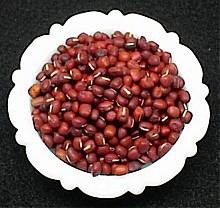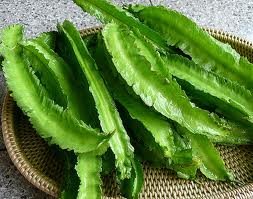Cloves are the aromatic dried flower buds of a tree in the family Myrtaceae.
The clove tree is an evergreen that grows to a height ranging from 8–12 m, having large square leaves and sanguine flowers in numerous groups of terminal clusters. The flower buds are at first of a pale color and gradually become green, after which they develop into a bright red, when they are ready for collecting. Cloves are harvested when 1.5–2 cm long, and consist of a long calyx, terminating in four spreading sepals, and four unopened petals which form a small ball in the center.
Benefits of Clove
Cloves are the dried flower buds of the clove tree, an evergreen tree that grows in tropical climates. While cloves are mostly used for culinary purposes today, the health benefits of cloves have been known for centuries.
The Chinese used cloves to get rid of bad breath over 2000 years ago, and it is even said that anyone who had an audience with the Emperor was required to chew on cloves so that their breath was sweet! It was also considered an aphrodisiac in China as well as Persia.
Cloves have powerful medicinal properties. They are stimulating and have antibacterial, antiviral, antifungal and antiseptic properties. They are also a natural anesthetic (due to the eugenol oil) which is why they were often used for dental procedures in centuries past and are still used in some cultures to remedy toothache. It is the oil that is derived from the cloves that is so powerful, and this is often used for medicines both topically and internally. This oil contains compound that helps with blood circulation and can stimulate the skin when applied directly to it.
Cloves are a great spice to heal ailments of the digestive system. They are well known for relieving flatulence and can actually help promote good digestion as well as metabolism. They may also help relieve vomiting and diarrhea as well as a host of other digestive disorders.
Cloves have been well known as an all around healing herb and it’s not just digestive problems that cloves are reputed to help with. In fact, they are used in tropical Asia to treat conditions such as scabies, cholera, malaria and tuberculosis. As an antispasmodic it can be applied topically to relieve muscle spasms or in a tea to ease coughing. It can also treat skin problems like styes and sores when applied as an ointment. It is said a paste of milk, salt crystals, and cloves can be a great headache remedy.
Cloves are believed to have other health benefits that aren’t necessarily connected with an immediate illness. For instance, they can make a great mosquito repellant, as well as a moth repellent. Clove studded oranges are often used to repel many kinds of insects in tropical climates. Sucking on cloves may even reduce the craving for alcohol.

